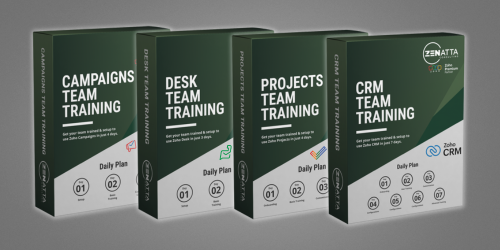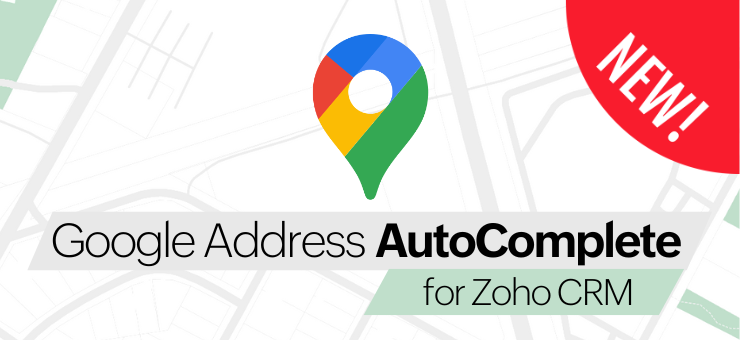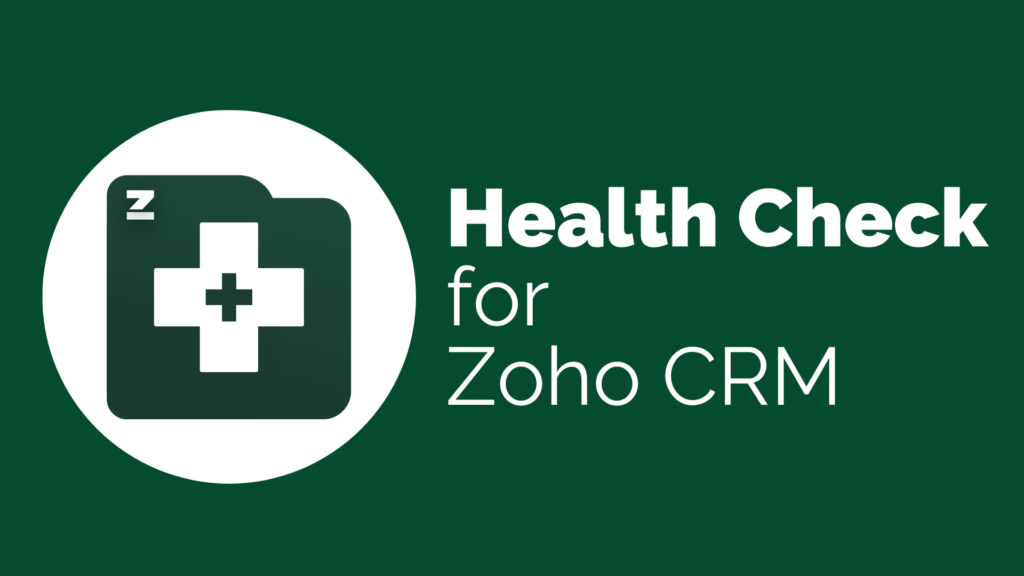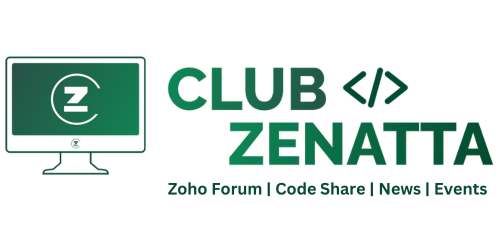CRM is…
CRM stands for Customer Relationship Management, most commonly used to refer to software that helps and enables sales operations. Keeping business practices and pipelines running smoothly. CRMs have a high return on investment and are a fast-growing feature that almost all businesses have in place. There is a lot of friction in sales practices today, you can up your sales and efficiency with a CRM providing a smoother day-to-day process.
There’s a lot to learn about CRMs, from benefits, features, and the different options of what software to use.
Benefits of Using a CRM
While you can run a successful business without a CRM, the efficiency and growth potential of the business skyrocket when it is in place. With countless benefits, you can take your business to the next level with a CRM.
Here are the top benefits of using a CRM:
- Easily customizable to your specific needs. Add unique fields, integrations, and templates to make your business practices perfectly suited to your niche.
- Lead capture and organization are taken to the next level. With the automation to sync leads directly to your CRM, you can automatically assign new leads to your sales team. Settings to limit information for certain users will keep data safe and better organized.
- Tedious sales practices are no longer with CRM automation. Set up automated practices when various triggers occur. Automation also provides more accurate data points by getting rid of human error.
- Using the collected data in the CRM will create easier reporting, allowing businesses to better forecast their production.
- Customer relationships are strengthened with the use of marketing automation. Send out email campaigns, surveys, and more with the ease of workflow triggers.
Key Features
Workflow Automation
Automating business practices is one of the best ways to enhance efficiency. Employees will no longer have to think about sending follow-up emails every few days to keep in touch with their clients. Managers won’t have to hound their employees to send them their reports. Everything can be accessed and run within the CRM using workflow automation.
There are quite a few scenarios where automation can be useful. One of the main pain points a business has is staying on top of following up with its current and potential clients. Marketing automation makes it convenient and easy to do so. Set up a workflow rule that automatically sends an email a few days after a deal closes. Or send a survey after a sale to review the product. All data will be collected and stored in the CRM for access to reporting.
Reporting & Analytics
One of the most useful parts of a CRM is the analytics. The ability to capture all the data in one system and create reports specific to your business will help you analyze your performance. Not only sales team performance but also email campaigns, lead conversion rates, and projects.
With workflow automation in place, managers can automatically receive reports like these on a frequent basis. All data is in the CRM helping to ensure that the data is accurate. Being able to easily take a look at certain metrics will help managers set goals for their team and predict where they should be in the future. There are also separate tools that can integrate into your CRM to take a deeper look at the data points collected.
Integrations With Other Applications
While a CRM is fully functional without any additional software, there are some integrations that we recommend. Software integrations are able to benefit your business by allowing you to connect useful programs directly to your CRM.
Here are some software integration recommendations:
- An analytics program like Google Analytics or Zoho Analytics
- A survey or forms tool such as Zoho Survey, Zoho Forms, Google Forms, or Survey Monkey
- Website and shop servers like WordPress, Zoho Sites, Shopify, or SquareSpace.
- Social media integrations allow you to connect ads from Facebook, Twitter, Instagram, etc.
Integrating your most important software systems into the CRM will greatly improve your business workflow. Connectivity and ease of use will directly impact the efficiency of your business.
CRM Software Options
Depending on your industry, a different CRM might make more sense to your business. Price, packages, and add-ons also play a major role in what one you choose.
Some great CRM options include:
- Forbes Best Marketing CRM Pick of 2022 is Zoho CRM! With many ways to personalize the system to your needs, Zoho CRM provides world-class customization, automation, and marketing to help your business thrive. The cost of Zoho CRM is quite affordable compared to the competition, however, that doesn’t cut down on any of the capabilities it provides. We’d like to say that Zoho CRM can be used in any industry, especially great for small businesses. You can learn more about Zoho CRM here!
- SalesForce is most likely the CRM platform that most have heard of. It is fully customizable and provides a great way to keep track of your sales team. Best known for its email marketing and pipeline management. SalesForce works for just about any industry, specifically for B2C sales-based companies.
- HubSpot, although on the more expensive side of CRM options, is best known for its inbound marketing tactics. With a wide range of capabilities, HubSpot is a great CRM option for marketing campaign-driven companies.
- Monday.com is known for its convenient way of keeping track of the entire sales process. From lead capture to the closing side, Monday makes it easy to manage your customers. Monday also is a leader in marketing growth using its automation tools. The price point is modest, a great option for businesses new to CRM.







